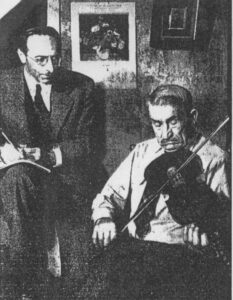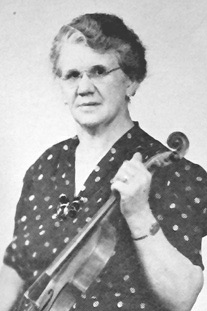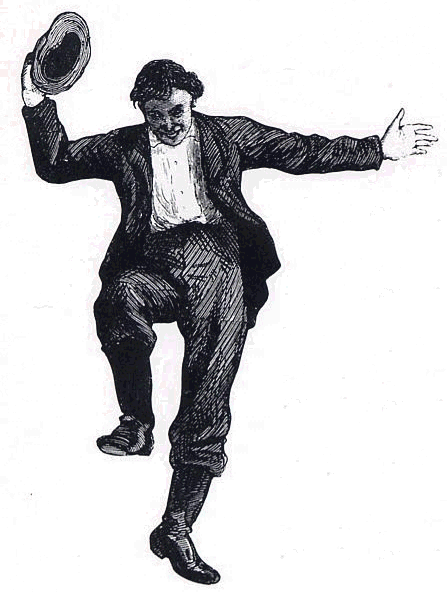
Samuel Preston Bayard (left) Samuel Losch (right)
Between 1928 and 1963, Samuel Bayard and his collaborators traveled throughout southwestern Pennsylvania collecting and transcribing over 1000 traditional folk tunes. Their sources were largely country dance fiddlers, but also fifers, who carried on a once widespread but now relatively obscure tradition of American marching music. Most of the tunes we play on our recordings are taken from the Bayard collection, and all are traditional tunes played in Pennsylvania until recent times.
Bayard began his project at a critical time in our music’s history: The first mass-produced 78 rpm “country music” recordings in 1926 introduced an era of growing popularity and wide-spread availability for rural American music – until then a regionally diverse and largely homemade art form. With remarkable prescience, Bayard foresaw in this event the inevitable dissolution of the music’s regional distinctions and loss of its central place in the ordinary home. In the new era of commercial recording, traditional music would come to call by way of the phonograph or radio, but less frequently stay on as a living member of the household while fewer families made music for themselves as part of daily life. Moreover, the commercial recording industry was soon to put the evolution of the music more and more into the hands of professional recording artists who standardized it according to nationally broadcasted tastes and styles at the cost of regional characteristics. With these developments in mind, Bayard began in 1928 to travel throughout his home region of southwestern Pennsylvania to preserve in musical notation “something of what the older Pennsylvania tradition really consisted of” – “pre-radio, pre-tape, pre-TV” (Bayard, 1982, p.2).
Bayard’s collection reflects the musical heritage of the first Europeans to inhabit Pennsylvania, predominately the Scots-Irish, Irish, English and Germans, and includes several distinct musical styles. We haven’t tried to represent these styles equally, but play the tunes we found ourselves drawn to, probably leaning toward Appalachian rhythms and tonalities.
Sadly, Bayard’s sources are long gone and their once flourishing tunes have been largely forgotten or absorbed into the better known blends that make up traditional music as we know it now. We didn’t get to learn directly from Pennsylvania’s last great generation of traditional players – Sarah Armstrong, Tink Queer, the legendary Dunbar fiddlers and their contemporaries. Our intent is to represent some of the music Bayard and his colleagues collected through the generosity of these older Pennsylvania fiddlers, fifers and singers, and to pay them homage with this recording, and bring some of their music back into circulation.

Mrs. Sarah (Gray) Armstrong
Derry, PA Westmoreland Co.
Learning from them by sheet music, of course, poses interpretative challenges. In our own style, we’ve rendered these tunes and songs with an effort to maintain their original musical character. Though we make no claim of sounding just like Bayard’s sources, we’d like to think they’d be pleased with what we’ve done. With your enjoyment (and ours) in mind, we’re also hoping to encourage other players in reviving some of this traditional music of our home state.
Richard Withers and Mark Tamsula
Pittsburgh, PA

If you would like to receive notices of our upcoming performances, similar old-time music events, and new album releases, please,
